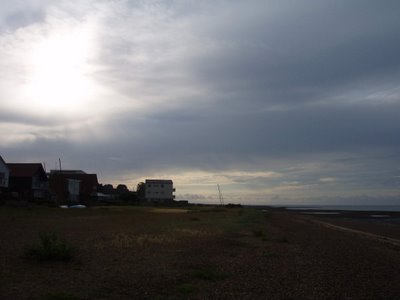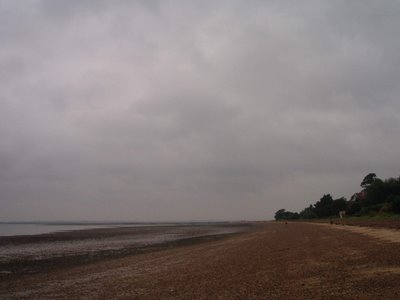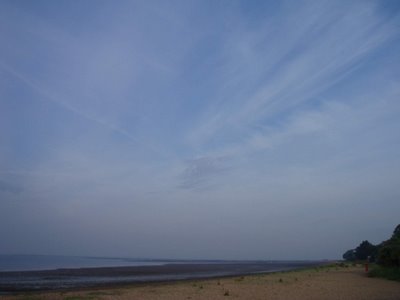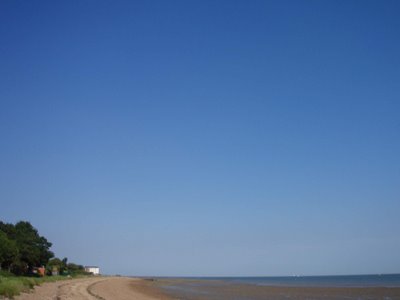In the interstices I’ve been thinking much about why I blog, partly inspired by the CT article referenced here, but also by something Tim wrote about stepping back from blogging to a certain extent. I’m enough of a Catholic to feel guilty about anything in which I take pleasure, and I take great pleasure in the writing of this blog, but knowing that is normally enough to keep the guilt chained down. Yet I want to express something more constructive than ‘it’s fun’.
Blogging, it seems to me, isn’t anything else; it is sui generis. It has links and overlaps with existing art and media, but it has it’s own rationale. Rather in the way that film cannot be understood through the lenses of other art forms (it is not art, it is not literature, it is not theatre, it is not opera – see this book), so too blogging is not journalism (although it can be journalistic); nor is it a diary (although it shares many elements in common). It is a new form of communication: democratic, chaotic, narcissistic, fertile.
What begins by reflecting the existing cultural forms slowly takes its own shape, as it manifests what Aristotle calls its telos, the point to which its development tends. Rather in the way that children will develop first by copying the behaviour of their forebears, then rebelling against it, and then finding their own maturity, so too the most prominent blogs have taken on the form of the mainstream media, as transmitters of news and stories (I’m thinking of Instapundit). Yet it seems to me that the inherent construction of a blog tends against that shape. There may well be blogs which end up as news vendors – large trees within the blogging ecology – but they strike me as being a little bit like Olympic athletes – they have gone so far in pursuit of one aspect of their existence that they have become distorted and mis-shapen. I think the proper telos of the blog is more akin to flowers or weeds, or perhaps mustard plants.
The heart of a blog is an individual voice. It is the record of what passes through the mind and experience of one particular person, and to that extent, it is akin to a private diary. Where it is radically irreducible to that existing form, however, is that it is not only public but interactive. It would be as if someone writing their private diary had a team of friends kibitzing them whilst they wrote.
This has major effects. It inhibits full disclosure, whilst at the same time raising the value of such personal disclosure as may be made. More importantly it also provides much richer soil for personal growth: self-pity, for example, is more likely to be challenged in a public forum. Again, this is not something which is new – it is a classical sign of friendship – yet it does take a different form in the blogosphere.
Which brings me to the final point that I wish to make. Certainly with me, and I believe with others, the existence of blogging has allowed a side of my character which had been submerged to emerge into a more conscious awareness. Those things about which I once merely read and pondered – with very occasional conversation – are now routinely matters of public record and comment. That can only be healthy. In trying to visualise this, I cannot escape an image from James Cameron’s The Abyss, when the alien intelligence comes into the submarine rig:

That’s a little like how it feels. I cannot believe God is absent from the process.
I blog because it is a sharing of thoughts and impressions, a working out of daily life, which, if not examined, loses worth and value. It is the sharing, the reciprocity, which enhances its Quality; in truth, it is the opposite of solipsism – it is solitarily social, not socially solitary.
Thank you for reading.





